The Financial Times and McKinsey & Co. have collaborated for their eleventh annual Business Book Awards. This year’s top business books come from journalists, economists, and academics and explore the opportunities and dangers presented by rapidly changing technology — from the first full-length biography of tech mogul Elon Musk to the ways robots could replace workers in industries around the world.
The Financial Times will announce this year’s No. 1 pick in November, but in the meantime, here’s some reading to catch up on.
Misbehaving by Richard Thaler
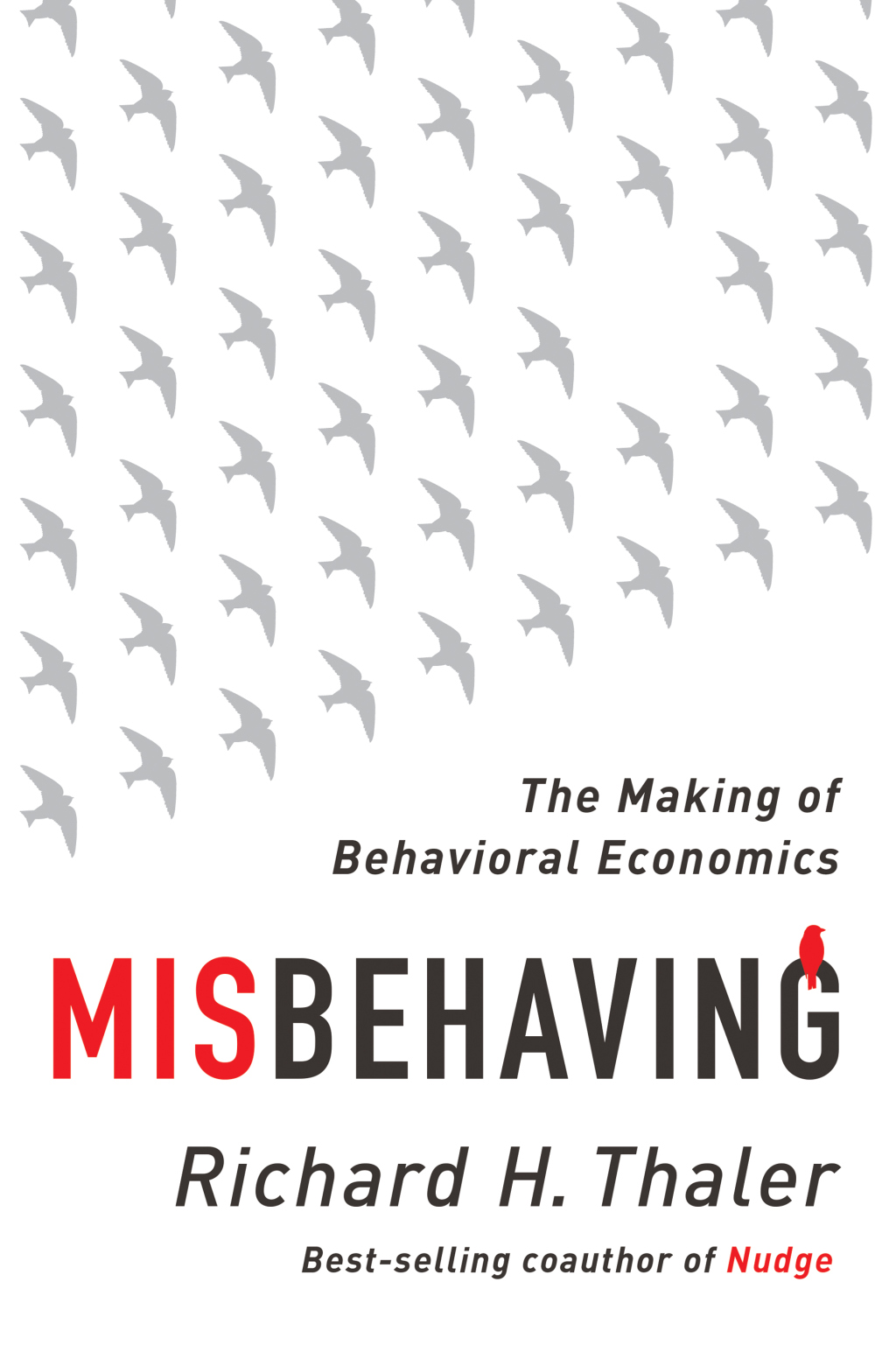
Thaler is an economist at the University of Chicago Booth School of Business best known as “the father of behavioral economics.”
In traditional economics, people are presumed to be purely rational actors; in reality, people’s decisions are also influenced by biases and impulses that often have nothing to do with logic.
Misbehaving serves as an introduction into Thaler’s way of understanding markets, and it’s filled with his colorful wit.
More from Business Insider:
Elon Musk by Ashlee Vance
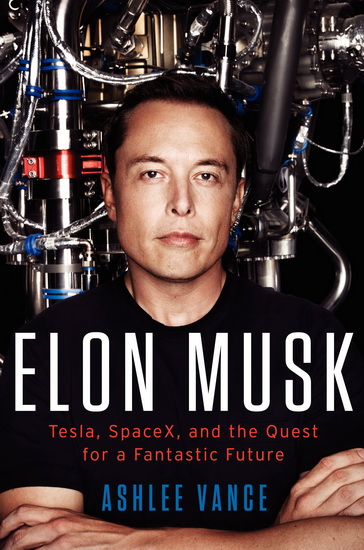
Musk is the billionaire CEO of SpaceX and Tesla. He says his mission in life is to prevent the human race from destroying itself.
Vance, a Bloomberg Businessweek reporter, gained unprecedented access to Musk and those closest to him. He paints a picture of a man who has always felt a desire to change the world despite having difficulty finding his place in it, and a leader whose intensity can be difficult for the people he works with while simultaneously inspiring them.
Climate Shock by Gernot Wagner and Martin Weitzman

Environmental Defense Fund lead economist Gernot Wagner and Harvard professor Martin L. Weitzman argue that the topic of climate change is more complicated and urgent than even ardent believers may know.
They explain that the way to avoid the possibility of utter disaster in the next century is by seeing the issue as something to take insurance out on, on a global level, and that extreme “geoengineering” tactics well beyond carbon taxes may be necessary at some point.
Unfinished Business by Anne-Marie Slaughter
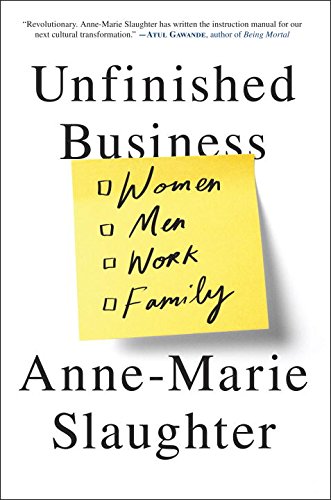
In 2009, Slaughter became the first female director of policy planning for the State department under Secretary of State Hillary Clinton. She left her position two years later after deciding that she was unhappy with how her job prevented her from being the mother and wife she wanted to be. Slaughter explained her story in the 2012 article “Why Women Still Can’t Have It All,” and it became one of The Atlantic’s most-read stories ever.
Slaughter is now the president and CEO of the New America think tank, and her new book is a hopeful argument on what corporations and individuals can do to truly make professional men and women equals.
Phishing for Phools by George Akerlof and Robert Shiller
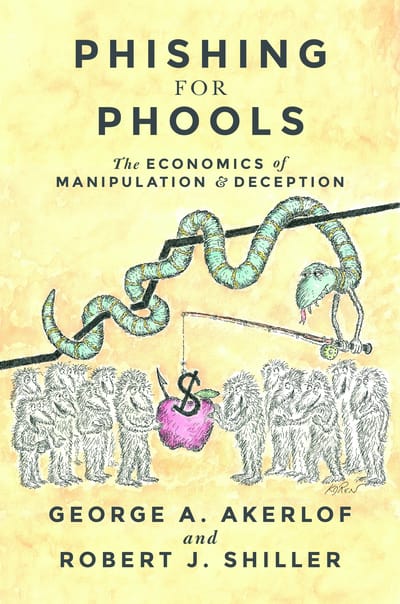
Coming off their 2009 book Animal Spirits, the pair of Nobel laureate economists now turn their attention to how forces deceptively phishing for profits are upsetting Adam Smith’s concept of the invisible hand.
That markets are always driving toward an equilibrium in which supply meets demand is a fundamental concept of economics, but Akerlof and Shiller argue that there have long been those who craft demand that otherwise would not exist, as seen in places ranging from Cinnabon locations to gym memberships.
Rise of the Robots by Martin Ford
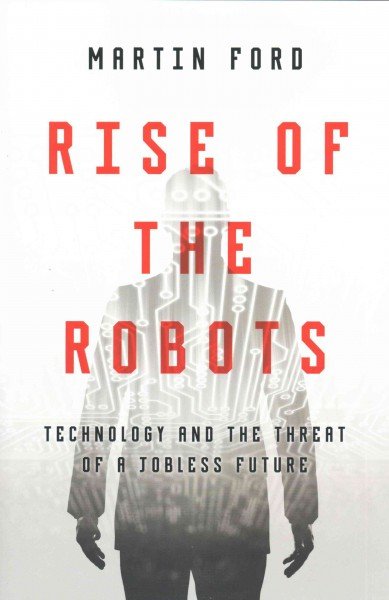
Robots are increasingly intelligent and they’re coming to take your job, says Ford, a software developer and entrepreneur.
But rather than being a warning from a tech-fearing Luddite, Ford guides readers through the surprising evolution of artificial intelligence from simple task-based machines into quick-thinking programs that can replace service workers, journalists, and programmers.
How Music Got Free by Stephen Witt
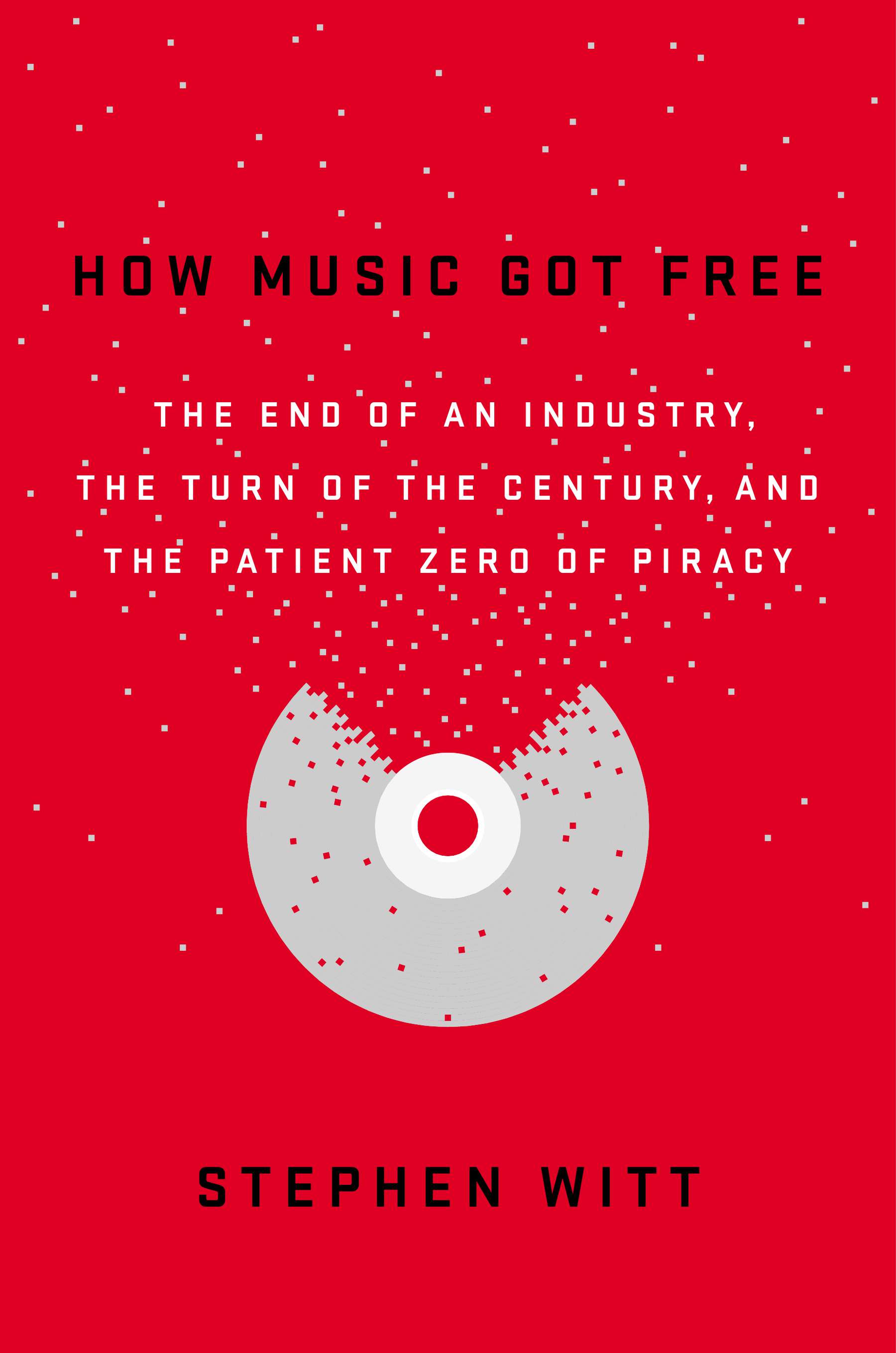
The story of how the digital music industry crushed the CD industry has been old news for years now, but Witt takes a look at the personalities who accelerated the spread of piracy to profit off the death of the physical album.
Witt uncovers the largely untold stories of people like the German entrepreneurs who invented the mp3 file and Dell Glover, the compact disc factory worker who leaked some of the biggest albums of the aughts, leaving record label execs frustrated and scared.
Restart by Mihir Sharma
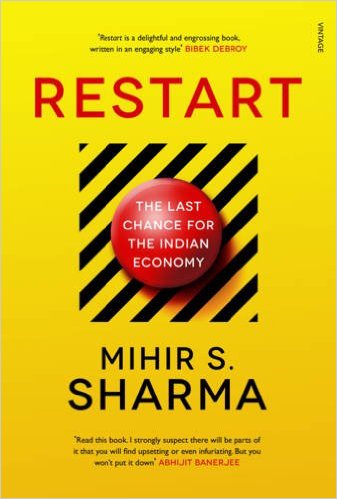
India responded to a massive economic crisis in 1991 with widespread, significant reforms. In the rebound, “Poverty rates fell, literacy rose, and an improving economy triggered a move into the middle classes for millions of people,” writes Sharma, a popular Indian journalist for the Business Standard.
“This led to a big appetite for consumption and what looked like a clear path toward India becoming a world superpower. But, then, it all fell apart.”
Sharma contends in his book that India is suffering from a lack of industrial development, archaic laws, and poor leadership, and offers ways in which it can reassert itself in the global economy.
Digital Gold by Nathaniel Popper
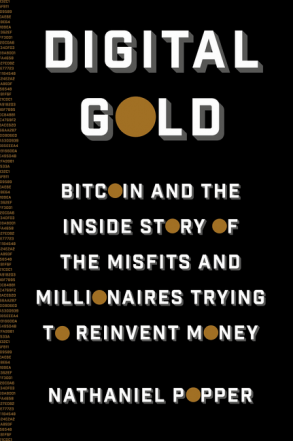
Last year, Newsweek caused a stir when it ran a cover story claiming it had identified the creator of the online currency Bitcoin. Soon after the report, members of the Bitcoin community were convinced Newsweek found the wrong guy.
Popper, a New York Times reporter, seems to have discovered the actual man behind Bitcoin, and Digital Gold is the most complete look at the currency’s history, concluding that it has passed the point of being a mere fad.
Superforecasting by Philip Tetlock and Dan Gardner
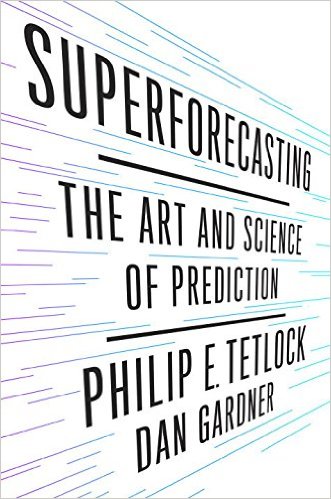
Tetlock is a Wharton professor whose 2005 study concluded that corporate and political forecasts are only slightly better than chance. What he found especially interesting, however, is that there was a very small group of forecasters whose predictions managed to be consistently accurate.
Superforecasting, co-written with author Dan Gardner, is a look at what makes these experts so far superior to all others attempting to predict the future, and draws upon interviews with sources ranging from former General David Petraeus to former Secretary of the Treasury Robert Rubin.
Losing the Signal by Jacquie McNish and Sean Silcoff
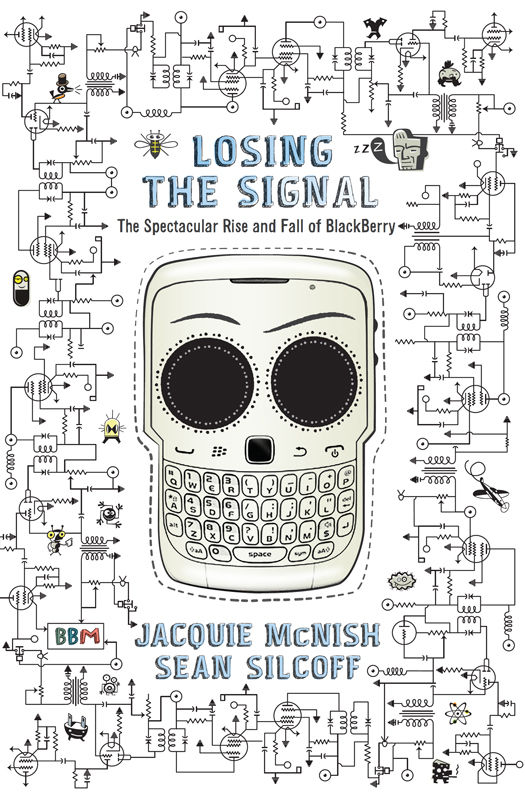
In 2008, BlackBerry phones were synonymous with Wall Street. If you were in the business world, you needed one. But when the 2010s came around and smartphones operating on iOS and Android grew in popularity, BlackBerry was all but wiped out. By the end of last year, the company had just 0.4% of the smartphone market.
Globe and Mail reporters Jacquie McNish and Sean Silicoff chronicle the remarkable story of how BlackBerry creator Research in Motion built an empire and then suddenly lost it all.
Hall of Mirrors by Barry Eichengreen
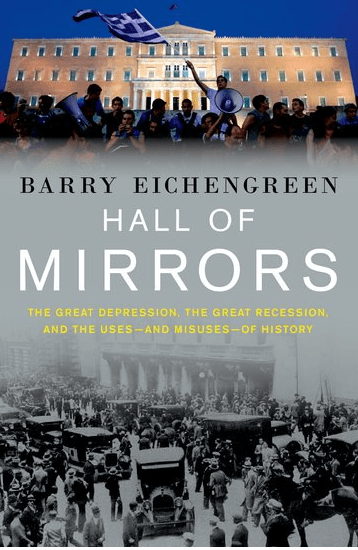
Hall of Mirrors is a comparative history of the Great Depression and the Great Recession that explores their impact on both the U.S. and Europe.
Eichengreen is an economist at the University of California, Berkeley, and draws upon his experience in the International Monetary Fund as well as decades of research on financial crises.
The Powerhouse by Steve LeVine
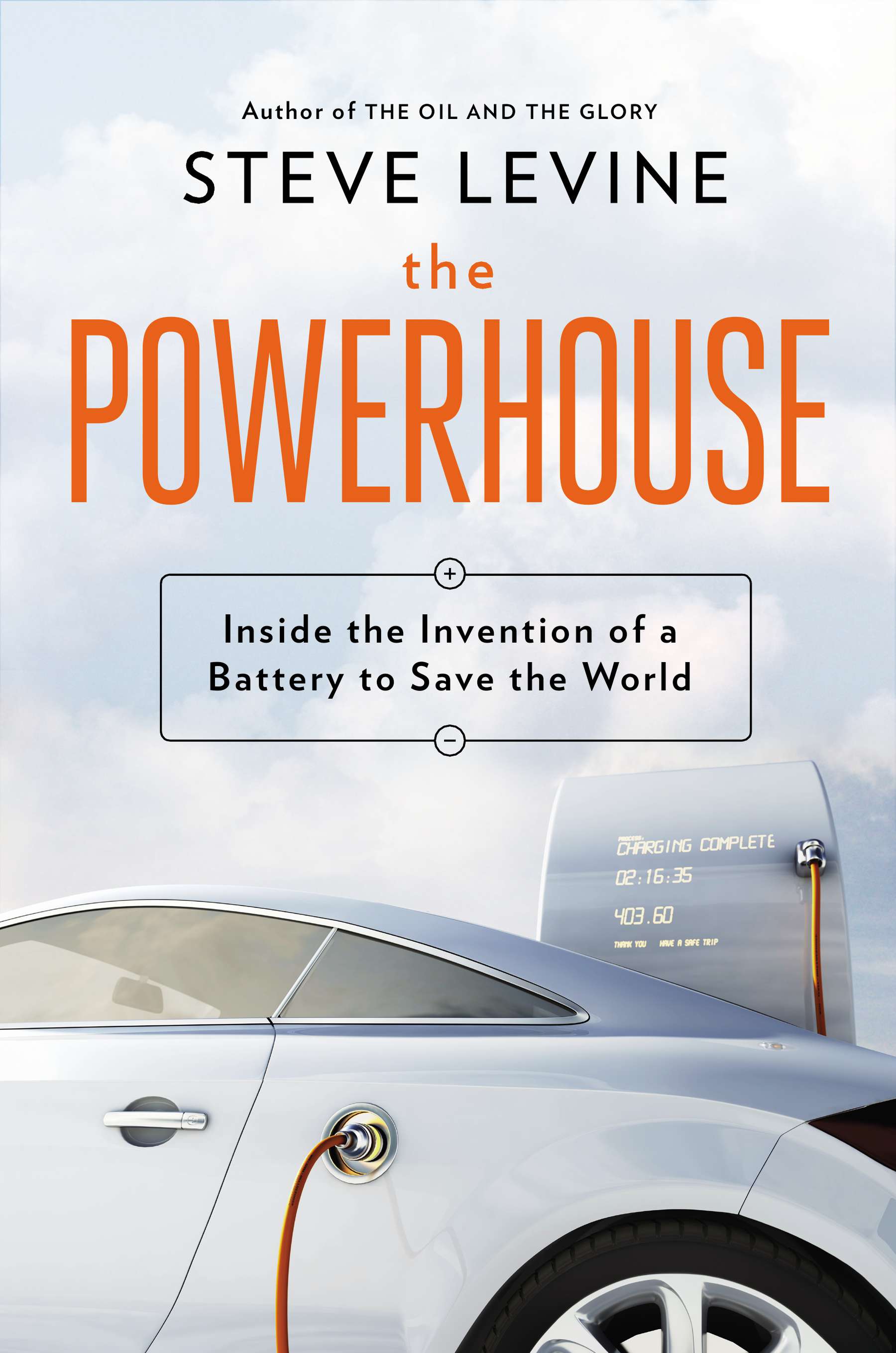
LeVine, an energy reporter for Quartz, says that his friends tried to talk him out of writing a book about batteries — the thing is, advanced batteries are predicted to become a $100 billion industry by 2030 due to the massive global push toward clean energy.
LeVine guides readers through the secret war that is now taking place among competing battery developers who are all vying to become the world’s next great energy source.
Leadership BS by Jeffrey Pfeffer
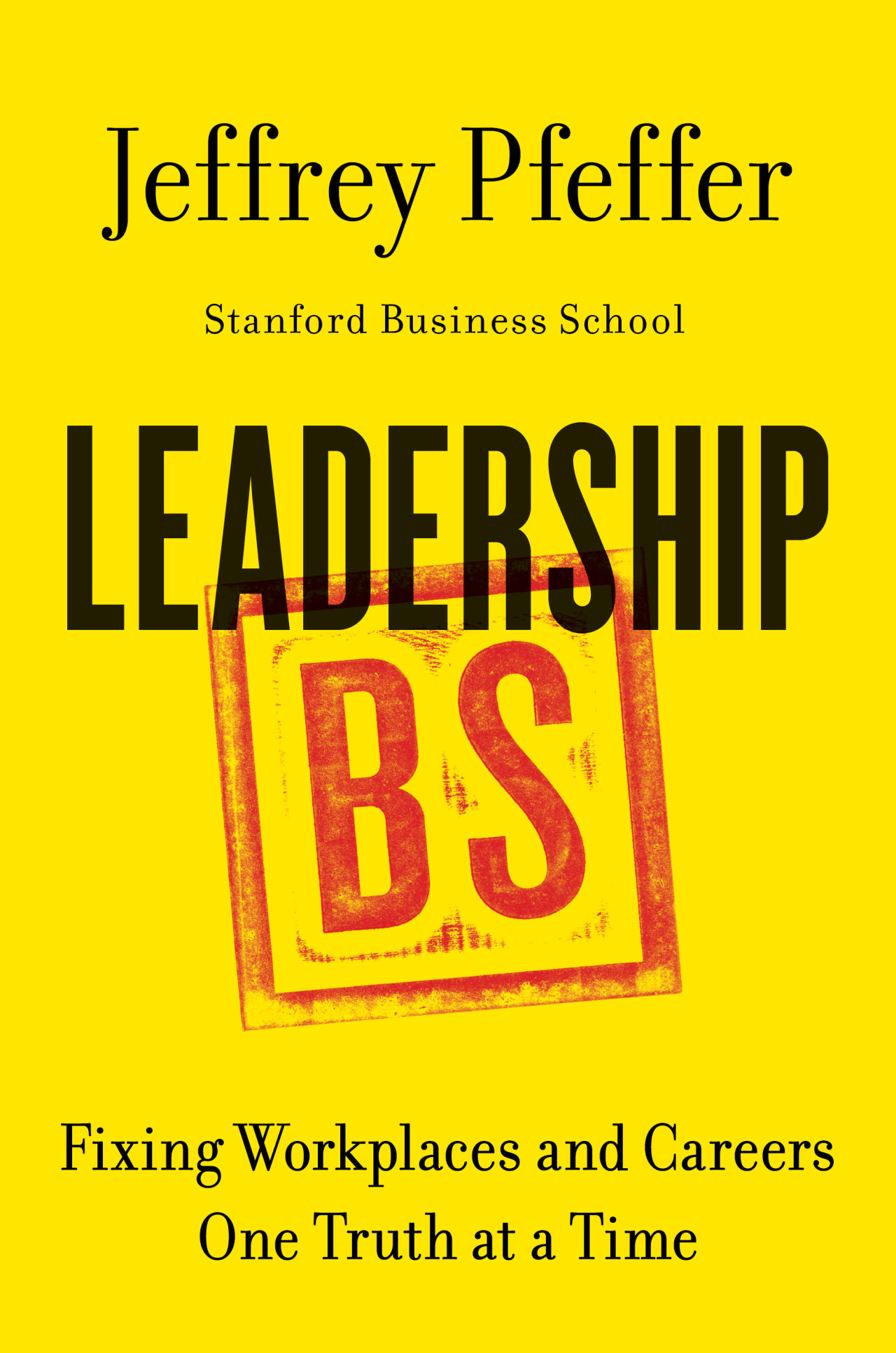
Pfeffer, a professor at the Stanford Graduate School of Business, has had enough of popular, saccharine-sweet leadership books and conferences based on emotion and hunches rather than any real data.
Leadership BS is his research-based counter-argument claiming “that strategic misrepresentation isn’t as harmful as you think, that breached agreements are a part of business, that immodesty is frequently a path to success, and that relying on the magnanimity of your boss is a bad bet.”
Black Horse Ride by Ivan Fallon
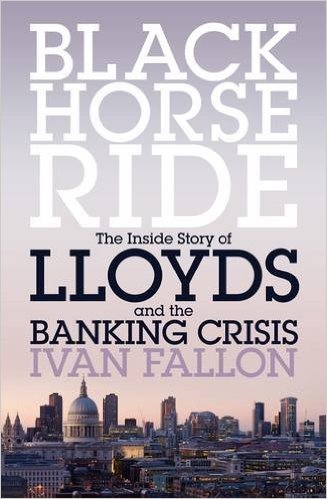
Fallon is the former CEO of Independent News & Media UK whose new book is an insider’s look at the British government’s messy bailout of Lloyds Banking Group in 2008 following the collapse of Lehman Brothers in the U.S.
It’s a thoroughly researched look at the financial crisis through a British lens.
This article originally appeared on Business Insider
More Must-Reads from TIME
- Donald Trump Is TIME's 2024 Person of the Year
- Why We Chose Trump as Person of the Year
- Is Intermittent Fasting Good or Bad for You?
- The 100 Must-Read Books of 2024
- The 20 Best Christmas TV Episodes
- Column: If Optimism Feels Ridiculous Now, Try Hope
- The Future of Climate Action Is Trade Policy
- Merle Bombardieri Is Helping People Make the Baby Decision
Contact us at letters@time.com